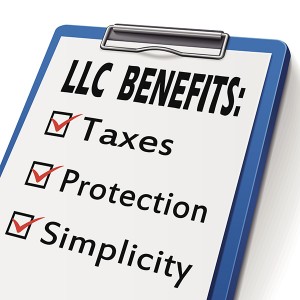
When you owe federal income tax and fail to pay it after receiving notices from the IRS, the IRS will file a lien against you which attaches to any real property you own. You can request that the IRS withdraw the tax lien by filing form 12277 which is more beneficial than a release of a tax lien because a withdrawal expunges the lien immediately from the debtor’s records so it’s as if the lien was never filed. You can request a lien withdrawal either after the lien has been released or after entering into a direct debit installment agreement.
Requesting a lien withdrawal after the lien has been released
If you have paid the tax and have the Certificate of Release of Federal Tax Lien you can apply to have the lien withdrawn. Please refer to IRS Publication 1450 for instructions on how to get a Certificate of Release of Federal Tax Lien.
You will qualify as long as:
1) you are in compliance for the last three years and have filed all your individual and business tax returns; and
2) you are current on your estimated tax payments and federal tax deposits, if applicable.
Lien withdrawal after entering into a Direct Debit Installment Agreement
In order to qualify you must:
1) enter into a direct debit installment agreement, but if you are currently on a regular installment agreement, you may convert to a Direct Debit Installment Agreement; and
2) owe less than $25,000, however if you owe more than $25,000 you may pay down the balance to $25,000 before requesting that the IRS withdraw the lien; and
3) you are in compliance for the last three years and have filed all your individual and business tax returns; and
4) you are current on your estimated tax payments and federal tax deposits which means you cannot have defaulted on your current, or any previous, direct debit installment agreement.
5) your Direct Debit Installment Agreement must full pay the amount you owe within 60 months or before the Collection Statute expires, whichever is earlier.
Contact the Tax Lawyers in Folsom, PA at the Law Offices of Spadea & Associates, LLC
If you have any questions please contact the Law Offices of Spadea & Associates, LLC in Folsom, Pennsylvania at 610-521-0604.














